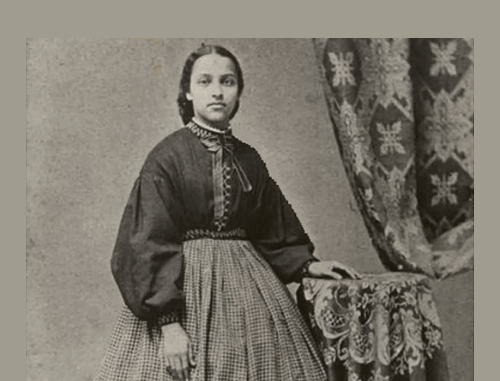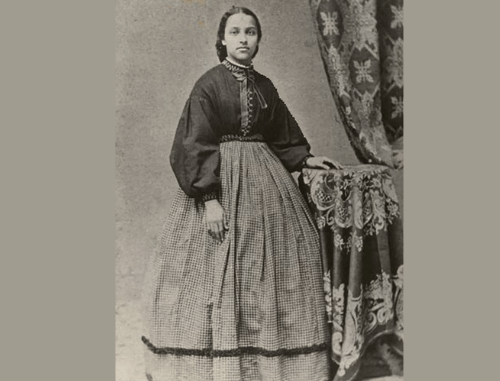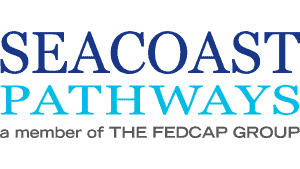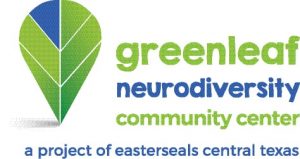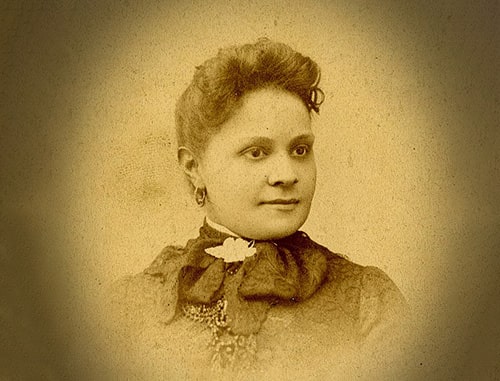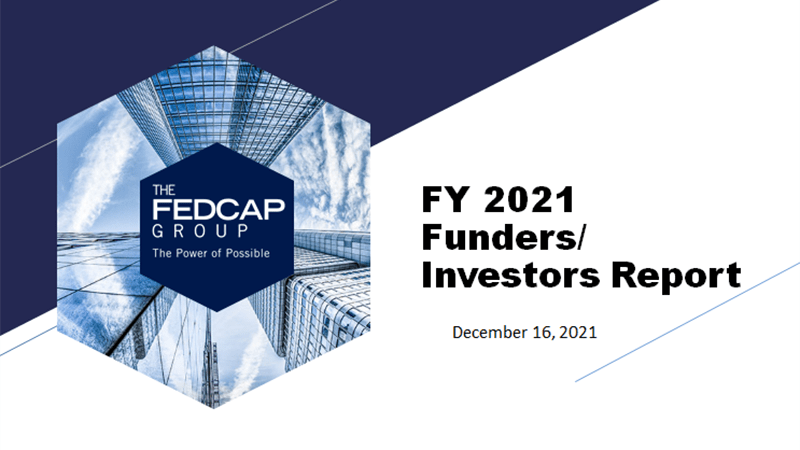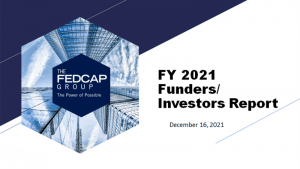Dr. Rebecca Lee Crumpler: First African American Female Physician

February 21, 2021
Today I want to celebrate another notable first in the history of African American women.
In 1860, out of 54,543 physicians in the United States, only 300 were women and none were African American. Which is what makes Dr. Rebecca Lee Crumpler’s accomplishments stand out.
Born Rebecca Davis in Delaware on February 8, 1831, she grew up in Pennsylvania, where her aunt provided care for the ill, exposing her to a life of caring for others and igniting a passion for medicine.
By 1852 she had moved to Charlestown, Massachusetts, where she worked as a nurse for the next eight years (because the first formal school for nursing only opened in 1873, she was able to perform such work without any formal training). She saw the need for more education and a medical degree. She applied to medical school in 1860 and was accepted into the New England Female Medical College. When she completed her medical doctorate in 1864—she was the first African American woman in the United States to do so and the only African American woman to graduate from the New England Female Medical College, which merged with Boston University School of Medicine in 1873.
Dr. Crumpler practiced in Boston for a short while before moving to Richmond, Virginia, after the Civil War ended in 1865. Richmond, she felt, would be “a proper field for real missionary work, and one that would present ample opportunities to become acquainted with the diseases of women and children.”
In her Book of Medical Discourses, published in 1883, she gives a brief summary of her career path: “During my stay in Virginia, I was enabled . . . to have access each day to a very large number of the indigent, and others of different classes, in a population of over 30,000 colored.” She joined other Black physicians caring for freed slaves who would otherwise have had no access to medical care, working with the Freedmen’s Bureau, and missionary and community groups, even though Black physicians experienced intense racism working in the postwar South.
While Dr. Crumpler experienced racism, sexism, and constant questioning of her intellectual prowess, she was committed to providing care to large Black communities who had little access to medical care.
The legacy of Dr. Crumpler’s passion is documented in “A Book of Medical Discourses in Two Parts,” published in 1883 by Cashman, Keating, and Co., of Boston. Dr. Crumpler’s writings are the first textbook authored by a Black academic. Rebecca Davis Lee Crumpler died—as a glass-ceiling shattering pioneer—on March 9, 1895, in Hyde Park.
Dr. Rebecca Lee Crumpler paved the way for other Black women who wanted to enter the medical field—as a physician. Sadly, nearly 130 years after her death, women represent 35 percent of all doctors, but Black women still only represent 2 percent.
21 de febrero de 2022
Dra. Rebecca Lee Crumpler: La Primera Doctora Afroamericana
Hoy quiero celebrar otra principal destacada en la historia de las mujeres afroamericanas.
En 1860, de los 54,543 Doctores en los Estados Unidos, solo 300 eran mujeres y ninguno era afroamericano. Lo cual hace que los logros de la Dra. Rebecca Lee Crumpler se destaquen.
Nacida como Rebecca Davis en Delaware el 8 de febrero de 1831, creció en Pensilvania, donde su tía brindó atención a los enfermos; exponiéndola a una vida de cuidado de los demás y despertándole una pasión por la medicina. En 1852 se mudó a Charlestown, Massachusetts, donde trabajó como enfermera durante los siguientes ocho años (debido a que la primera escuela formal de enfermería solo se abriría en 1873, pudo realizar dicho trabajo sin ninguna capacitación formal). Ella se dio cuenta de la necesidad de más educación y de un título de Doctora. Se registró en la escuela de medicina en 1860 y fue aceptada en el New England Female Medical College. Cuando completó su doctorado de medicina en 1864, fue la primera mujer Afroamericana en los Estados Unidos en hacerlo y la única mujer afroamericana en graduarse del New England Female Medical College, y el que después formó parte de la Boston University School of Medicine en 1873.
La Dra. Crumpler ejerció en Boston por un corto tiempo antes de mudarse a Richmond, Virginia; después de que la Guerra Civil terminara en 1865. Richmond, pensó ella, sería “un campo apropiado para la verdadera obra misionera, y uno que presentaría amplias oportunidades para familiarizarse con las enfermedades de las mujeres y los niños”.
En su Book of Medical Discourses, publicado en 1883, da un breve resumen de su trayectoria profesional: “Durante mi estadía en Virginia, se me permitió…tener acceso cada día a un gran número de pobres, y a otros de diferentes clases sociales, en una población de más de 30.000 personas de color”. “Se unió a otros médicos de Color que cuidaban a esclavos liberados los que de otra manera no habrían tenido acceso a la atención médica; trabajando con la Freedmen’s Bureau, y con grupos misioneros y comunitarios, a pesar de que los médicos de Color experimentaron un intenso racismo trabajando en la posguerra del Sur.
Mientras que la Dra. Crumpler experimentó racismo, sexismo y constantes cuestionamientos de su destreza intelectual, estaba comprometida a brindar atención a las grandes comunidades de Color que tenían poco acceso a la atención médica.
El legado de la pasión de la Dra. Crumpler está documentado en “A Book of Medical Discourses in Two Parts”, publicado en 1883 por Cashman, Keating, and Co., de Boston. Los escritos de la Dra. Crumpler son parte del primer libro de texto escrito por una académica de color. Rebecca Davis Lee Crumpler murió, como pionera en romper el molde vigente, el 9 de marzo de 1895 en Hyde Park.
Rebecca Lee Crumpler sentó las bases para otras mujeres de color que querían ingresar en el campo de la medicina, como Doctoras. Lamentablemente, casi 130 años después de su muerte, las mujeres representan el 35 por ciento de todos los doctores, pero las mujeres de color todavía representan solo el 2 por ciento.

